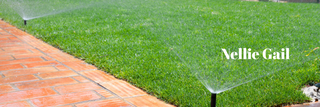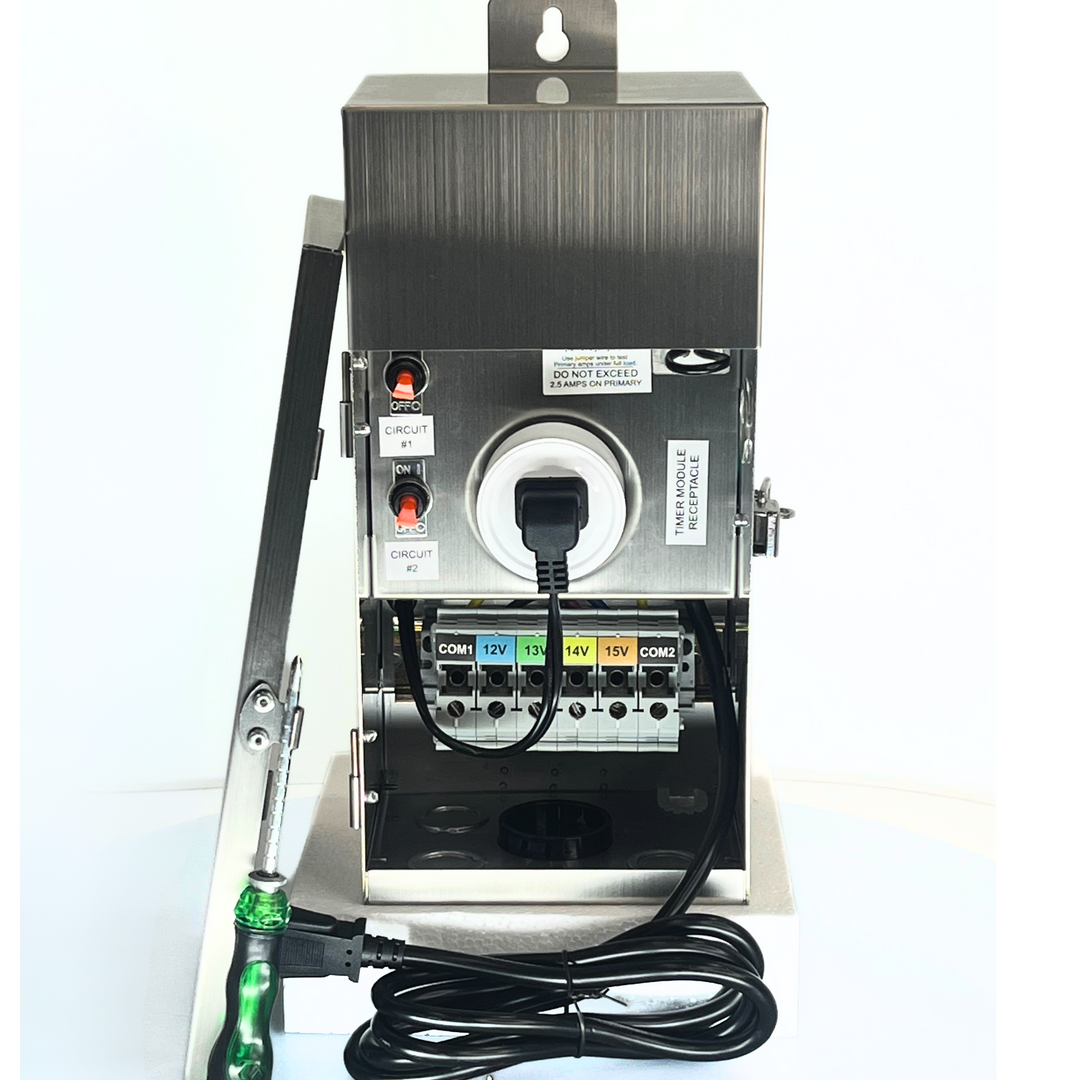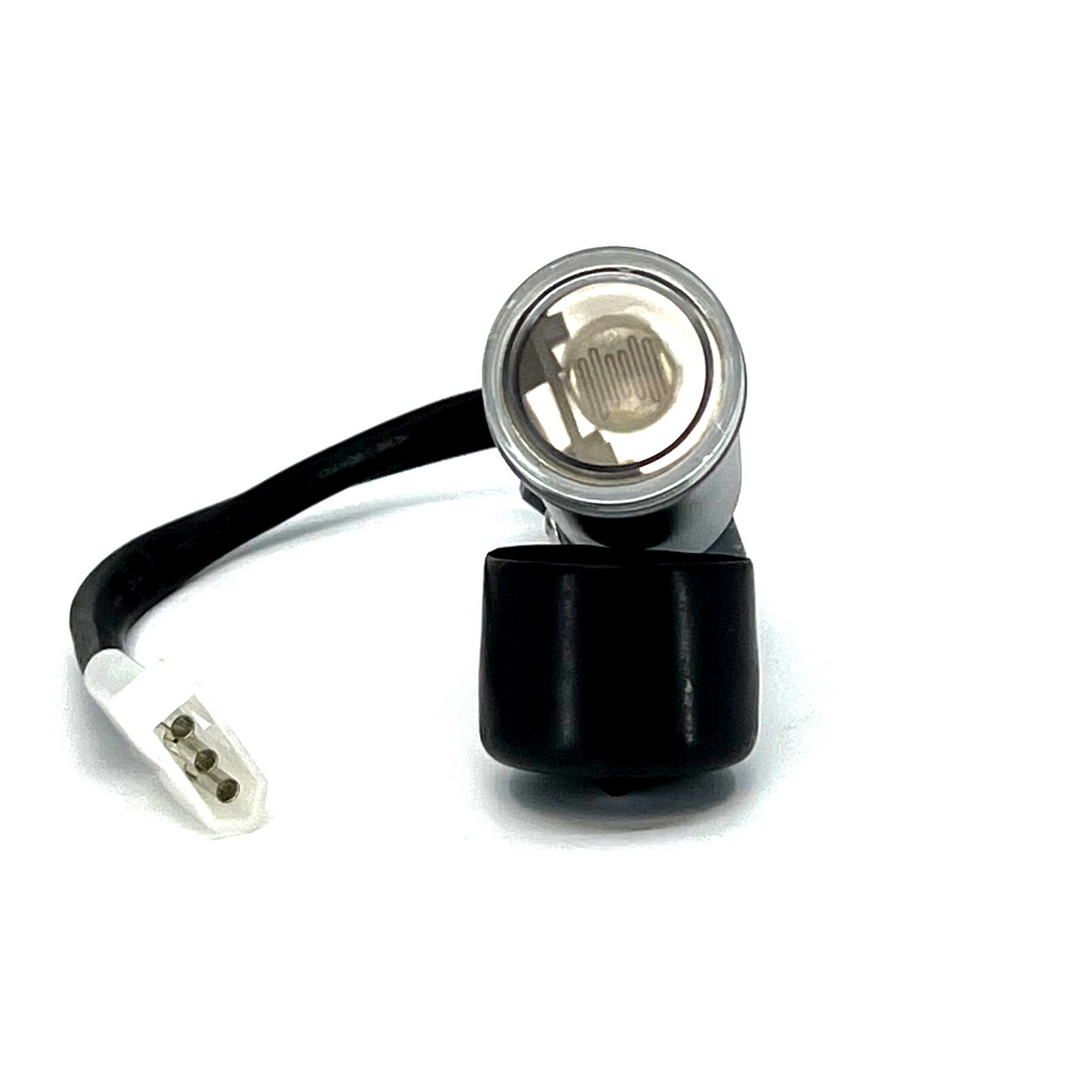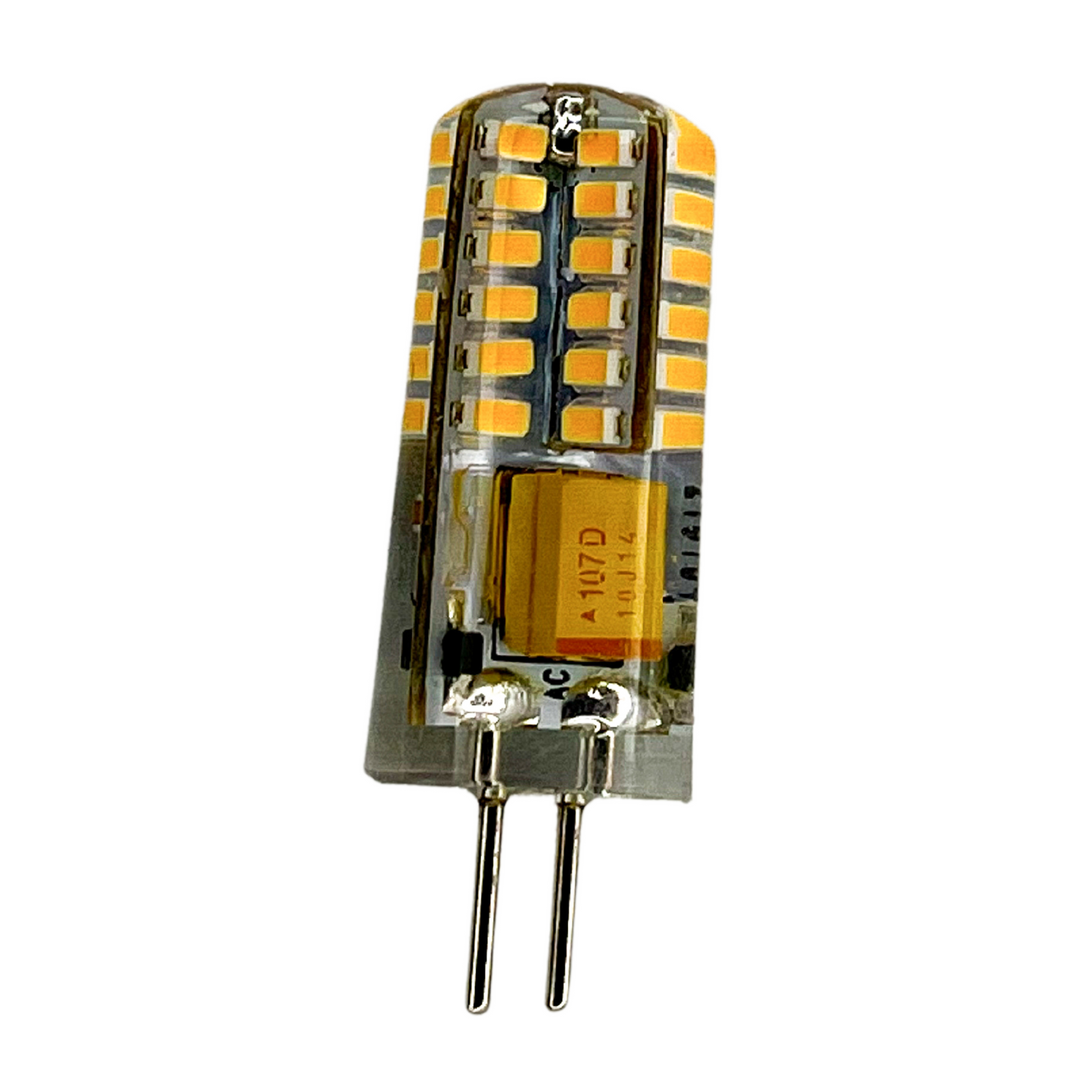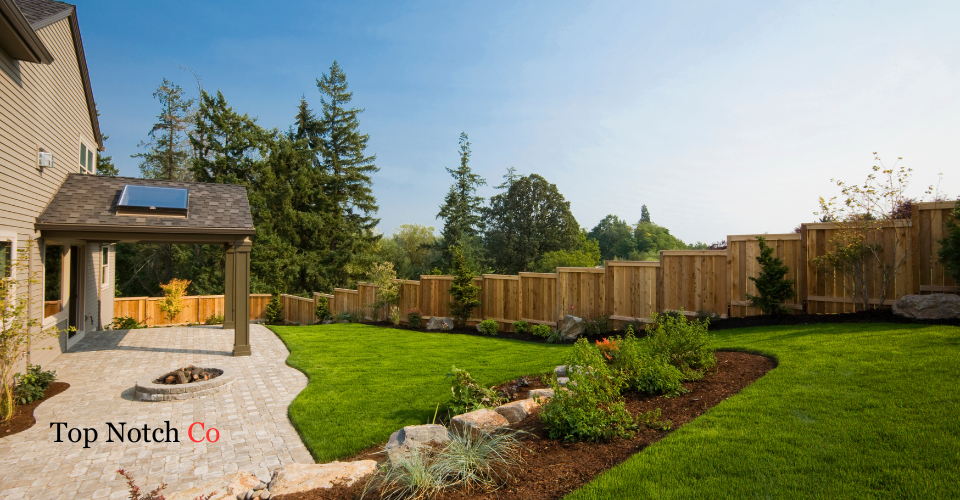
Who You Gonna Call When Your Home Sprinklers Go Bust? Top Notch!
|
|
Time to read 6 min
A vibrant lawn and a flourishing garden are the pride of a homeowner, often the result of a well-functioning sprinkler system. But what happens when this silent ally starts acting up? From unexpected geysers to unexplained dry patches, sprinkler woes can quickly turn your green oasis into a source of stress. This guide will navigate you through the troubleshooting process, offering both DIY fixes and advice on when to call in the experts.
Home Sprinklers: Understanding Your Sprinkler System
At its core, a sprinkler system consists of a series of interconnected components: the controller (the brain of the operation), valves (which open and close to release water), and the sprinkler heads (that distribute water across your lawn). Familiarizing yourself with these elements is crucial for diagnosing issues. For instance, if your system fails to start, the problem could lie in a malfunctioning controller or a closed main water valve.
Common Sprinkler System Issues and DIY Solutions
Leaky Sprinklers: More Than Just a Drip
A single leaky Home Sprinklers head might not seem like a big deal, but it can lead to significant water wastage and uneven lawn growth over time. To tackle this, inspect each sprinkler head for cracks or wear. Sometimes, a simple O-ring replacement can fix the leak, a straightforward task that requires minimal tools and expertise.
Valve Troubles: The Heart of the Matter
Valves are pivotal in directing water flow, and when they falter, your lawn's hydration is compromised. Signs of valve failure include unresponsive sprinkler heads or unexpected soggy patches. Cleaning out debris from the valve box or replacing worn valves can often restore order to your watering schedule.
Sprinkler Head Maintenance: Keeping a Clear Head
Clogged or damaged sprinkler heads are common culprits of sprinkler system failures. Regularly inspecting and cleaning the heads can prevent blockages caused by dirt or lawn clippings. Additionally, ensure they're correctly aligned to avoid watering sidewalks or missing patches of your lawn.
Pipe and Pressure Issues: Cracks Under Pressure
Fluctuating pressure or visible water pooling might indicate a compromised pipe. For visible, superficial damage, a waterproof pipe repair tape might be a quick fix. However, deeper issues require excavation and potentially professional repair services to prevent further damage and water loss.
When to Call a Professional
While many sprinkler issues are manageable with a bit of elbow grease, certain scenarios — like deep underground leaks or complex system malfunctions — necessitate professional intervention. Expert technicians can offer comprehensive diagnostics, ensuring that both the symptoms and the root causes are addressed.
Choosing the Right Sprinkler Repair Service
Selecting a reputable sprinkler repair service is crucial. Look for licensed professionals with positive reviews and transparent pricing. A trustworthy service will not only repair the immediate issue but also provide insights into preventing future problems, ensuring the longevity and efficiency of your sprinkler system.
Cost Considerations
Understanding the potential cost involved in sprinkler repair can help you budget accordingly. While minor fixes like replacing a sprinkler head might be inexpensive, more extensive repairs, such as valve replacement or pipe repairs, can be costlier. Always request detailed estimates from service providers to avoid surprises.
Preventive Measures and Maintenance Tips
Proactive maintenance is key to avoiding sprinkler system pitfalls. Regular checks, especially before the irrigation season, can identify minor issues before they escalate. Cleaning sprinkler heads, adjusting their alignment, and inspecting for leaks can save you significant time and resources in the long run.
Frequently Asked Questions
Understanding the intricacies of home sprinkler repair can seem daunting. However, equipped with the right information, homeowners can effectively tackle many common issues or make informed decisions when professional intervention is necessary. Here are six new questions, not covered in the article, with detailed answers to further enhance your knowledge on this topic.
What are the first steps to take when a sprinkler system fails to turn on?
When your sprinkler system doesn't activate, start by checking the power supply to the controller and ensuring it's plugged in and operational. Next, verify that the system's main water valve is open. If these elements are functioning, inspect the controller settings to ensure they're correctly programmed for your watering needs. If the issue persists, it could indicate a more complex problem, such as a broken wire or faulty solenoid, requiring professional assessment.
How can weather impact my sprinkler system, and how do I mitigate these effects?
Extreme weather conditions, such as freezing temperatures or intense heat, can significantly impact your sprinkler system. To protect against freeze damage, winterize your system by draining all water from the pipes, valves, and sprinkler heads before the first freeze. During hot weather, adjust your watering schedule to early morning or late evening to reduce water evaporation and ensure efficient watering.
Can I add new zones to my existing sprinkler system, and what does it involve?
Expanding your sprinkler system to cover new zones is possible but requires careful planning and consideration of your current system's capacity and layout. Adding new zones typically involves installing additional pipes, valves, and sprinkler heads, as well as potentially upgrading the controller to accommodate the increased demand. Consulting with a professional is advisable to assess the feasibility and ensure the expansion doesn't overextend your system's capabilities.
What are the signs that my sprinkler system's pump needs repair or replacement?
Signs that your sprinkler system's pump may need attention include a noticeable drop in water pressure, the pump failing to start, or unusual noises during operation. These issues can stem from a variety of causes, such as electrical problems, clogged intake screens, or worn-out components. A professional can diagnose the problem and determine whether repair or replacement is the most cost-effective solution.
How do I choose the right type of sprinkler head for different areas of my lawn?
Selecting the appropriate sprinkler head depends on various factors, including the size of the area to be watered, the type of vegetation, and the available water pressure. Spray heads are suitable for smaller, more uniformly shaped areas, while rotor heads are better for larger, expansive areas. For gardens or densely planted areas, drip irrigation or soaker hoses might be more efficient. Assessing your landscape's specific needs can guide you in choosing the most effective sprinkler heads.
What routine maintenance tasks can extend the lifespan of my sprinkler system?
Regular maintenance is key to extending your sprinkler system's lifespan. Seasonal checks, including cleaning sprinkler heads, inspecting for leaks, and adjusting spray patterns, can prevent minor issues from becoming major problems. Additionally, periodically testing the system's pressure and backflow preventer can ensure optimal performance. Implementing these routine tasks can maintain your system's efficiency and prolong its operational life.
By addressing these questions, homeowners can gain a deeper understanding of their sprinkler systems, empowering them to maintain optimal performance and tackle issues as they arise. For complex problems or system upgrades, consulting with a professional irrigation specialist is always recommended to ensure the best outcomes for your lawn and garden.
Our Recommendation
Practical tips or facts:
1. Seasonal Adjustments: It's essential to adjust your sprinkler system settings with the change of seasons. In the warmer months, your lawn and garden might require more water due to increased evaporation rates. Conversely, during the rainy season, you might need to reduce the frequency and duration of watering to prevent overwatering and water wastage. This practice not only conserves water but also ensures your lawn receives the optimal amount of moisture for the season.
2. Sprinkler Head Placement: Proper placement of sprinkler heads is crucial for efficient watering. Ensure that the sprinkler heads are placed so that the water reaches the roots of the plants, which is where it's most needed. Avoid placing them too close to sidewalks or driveways to minimize water wastage. Additionally, ensure that the sprinkler heads are not blocked by tall grass or other obstacles to ensure even water distribution.
3. Smart Irrigation Controllers: Upgrading to a smart irrigation controller can significantly enhance the efficiency of your home sprinkler system. These controllers can adjust watering schedules based on real-time weather conditions, soil moisture levels, and plant water requirements. This technology ensures your lawn and garden receive precisely the right amount of water at the right time, reducing water waste and promoting healthy plant growth.
Final Thoughts
A well-maintained sprinkler system is essential for a healthy lawn and garden. By understanding common issues, undertaking routine maintenance, and knowing when to call in the professionals, you can ensure your sprinkler system remains a reliable ally in your gardening endeavors. Book Online Now and Get a FREE Quote!










